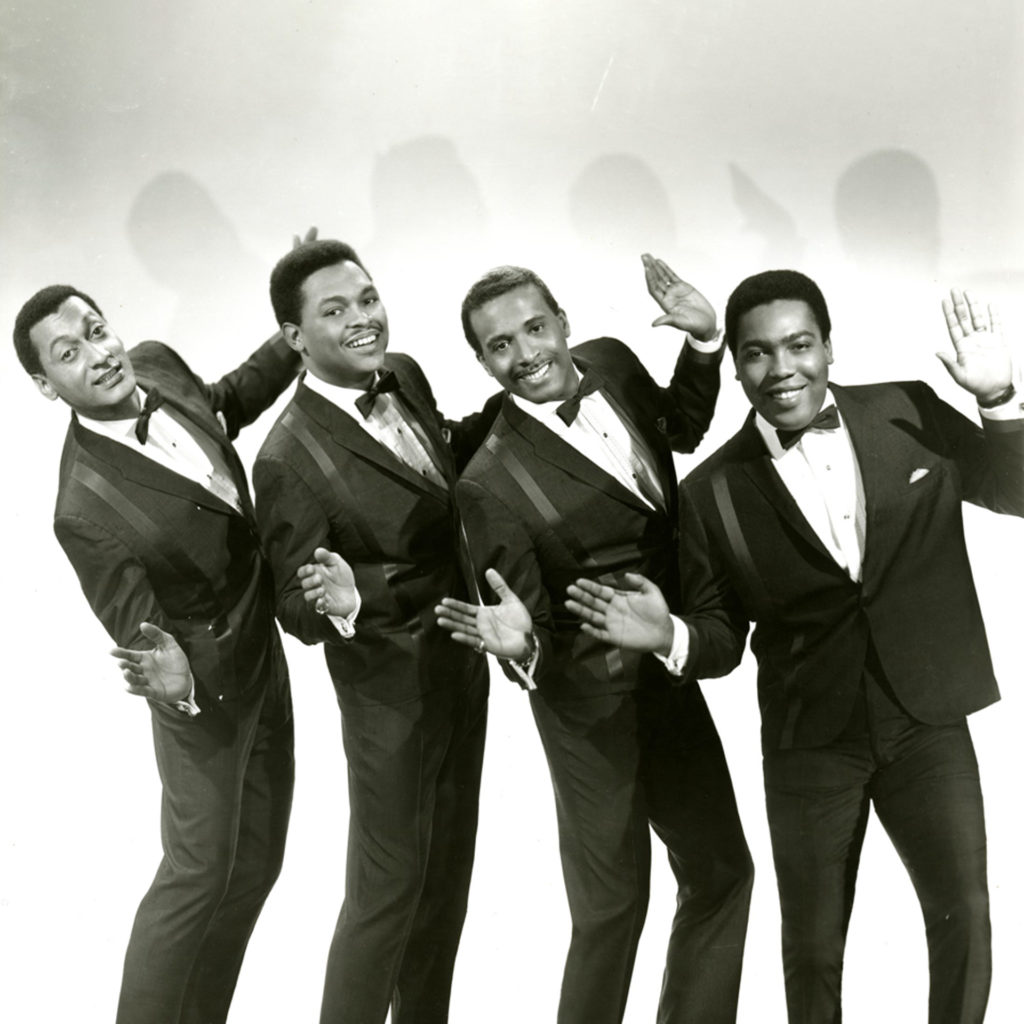“Reach Out (I’ll Be There)” by The Four Tops, released in 1966, is a soul masterpiece that epitomizes the group’s ability to blend raw emotion with powerful vocals and orchestration. Written by the famed Motown songwriting team of Holland-Dozier-Holland, the song became one of The Four Tops’ signature hits and a classic of the genre.
The song opens with a dramatic orchestral arrangement, featuring strings and horns, that sets a dramatic and urgent tone. Levi Stubbs’ lead vocals are impassioned and soulful as he sings about offering unconditional support and reassurance to a loved one in times of hardship. The lyrics convey a sense of loyalty and commitment, with iconic lines like “If you feel like you can’t go on, I’ll be there to comfort you, like I’ve been there before.”

Musically, “Reach Out (I’ll Be There)” features a dynamic rhythm section provided by Motown’s house band, The Funk Brothers, along with lush orchestration that enhances the song’s emotional impact. The Four Tops’ harmonies are tight and powerful, adding depth and intensity to the song’s chorus and reinforcing its message of steadfast love and companionship.
The production, overseen by Holland-Dozier-Holland and Motown founder Berry Gordy Jr., is polished and sophisticated, showcasing The Four Tops’ vocal versatility and the song’s seamless blend of soul, pop, and orchestral elements. The arrangement builds to a climactic bridge where Stubbs’ vocals soar with raw emotion, creating a memorable and cathartic moment.
Upon its release, “Reach Out (I’ll Be There)” topped the charts in both the United States and the United Kingdom, solidifying The Four Tops’ status as one of Motown’s premier acts and earning critical acclaim for its powerful vocals and innovative production.
Decades after its debut, “Reach Out (I’ll Be There)” remains a beloved classic, its message of unconditional love and support resonating with listeners of all generations. The Four Tops’ ability to capture the essence of soul and deliver it with authenticity ensures that the song continues to inspire and uplift, making it a timeless anthem of love and devotion in popular music history









